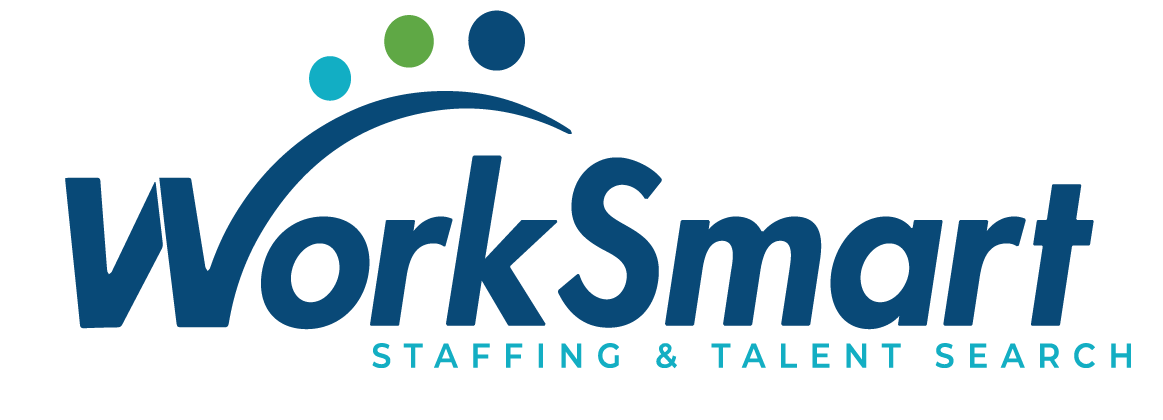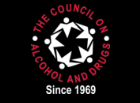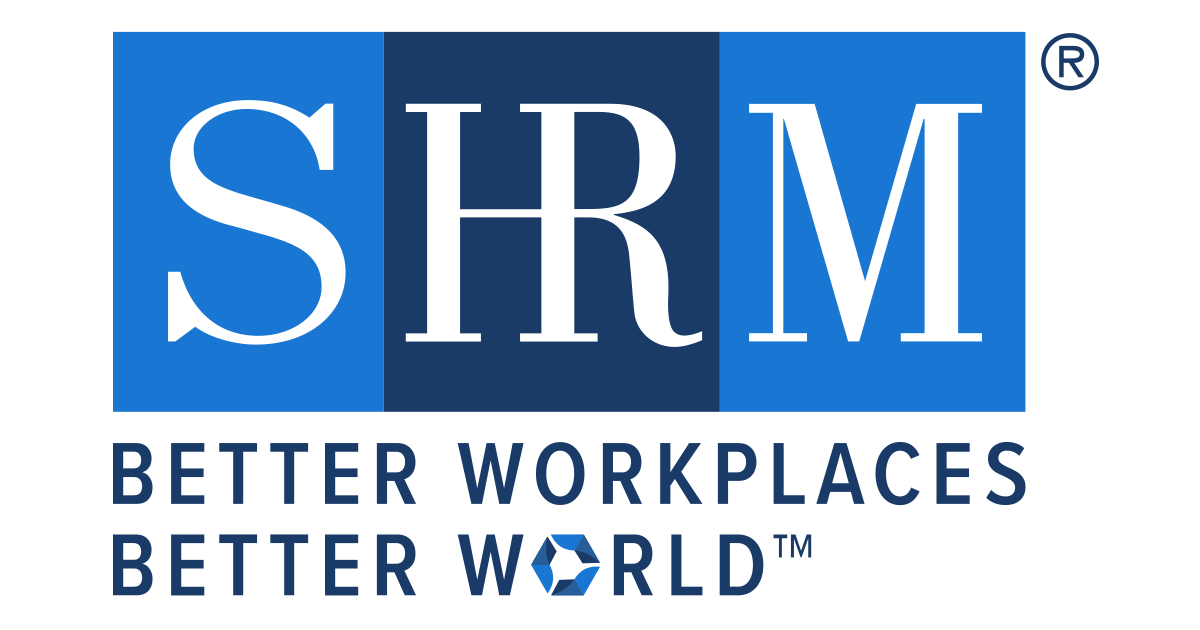Official Newsletter of Drug Free Workplaces
"There's not a drug on earth that can make life meaningful."
-Sarah Kane
www.LiveDrugFree.org
December 2023 Vol. 24 No. 12
Published by the Council on Alcohol and Drugs
Tel (404) 223-2486 | Fax (866) 786-9811 | www.LiveDrugFree.org
“Functional” Addiction?
Many mid- and high-level executives in stressful positions experience ongoing situations and circumstances that could contribute to the development of a drug or alcohol addiction.
Managers and business owners who deal with continual and significant levels of stress can experience loneliness and a fear of failure that could create a perfect environment for substance abuse.
CEOs and other C-level execs are often responsible for monitoring the behavior of employees to ensure that it doesn’t damage the company, but there is rarely any- one to do the same for them.
As business becomes more and more competitive, some upper- level managers seek to gain a competitive edge through the use of quasi-legal stimulants and other over-the-counter products that could be detrimental to their health and possibly lead to addiction.
Executives who develop a substance use disorder but are still able to do their jobs adequately are sometimes referred to as
“high-functioning addicts.” However, just because an individual is able to complete standard daily tasks, it doesn’t mean that their drug use is not negatively impacting their lives and workplace productivity. Drug and alcohol abuse always has severe negative effects on one’s mind and body either immediately, or over longer periods of time. Being a functioning addict is just as unhealthy as being a non-functioning addict.
Functional addicts/alcoholics often have a few things in common. Many have a high level of education, a stable job, and a supportive family. They are often middle aged and have some history of addiction in their family. Another thing that highly functional addicts have in common is denial. When a person has become very good at hiding their addiction from their friends, family, and employer, they are better able to convince themselves and others that it does not exist. But all high-functioning addicts will eventually have to deal with their substance abuse in one way or another. Drug and alcohol addiction are progressive diseases and the longer a substance is abused, the more severe the symptoms and side-effects will be.
Identifying High-Functioning Addicts
It is important to identify and help high-functioning addicts before their condition results in serious outcomes, especially in the workplace. Here are some indicators that an employee or coworker might be a high-functioning addict or alcoholic:
Making Excuses for Their Behaviors
A high-functioning addict may try and justify their drug and alcohol use by saying it’s just standard behavior in their profession. He or she might also act as if getting high is a reward for their hard work or career success.
Not Being Able to Stop Drinking or Drugging Once They Start
For a high-functioning addict or alco- holic, getting drunk, stoned, or high after work (and sometimes at work) is just a regular occurrence. They simply can’t control their usage.
Having Only Friends Who Are Also Addicts/Alcoholics
If the majority of one’s friends routinely binge drink or use illegal substances—or if a person doesn’t want to socialize unless drugs and alcohol are involved—it’s likely a sign that there is a bigger underlying issue.
Coming In to Work Sick in the Mornings
A high-functioning addict may claim that their constant headaches or
lethargic energy is due to simple things like “not being a morning person.” But, in truth, he or she could regularly be suffering from hangovers or withdrawal symptoms.
Help for High-Functioning Addicts
If you want to help a high-functioning coworker or employee, it’s best to dis- cuss your concerns with HR or the company Employee Assistance Plan (EAP) provider and let the professionals deal with the problem at an appropriate time. If you decide to approach the individual personally, it's best to wait until they appear remorseful over bad behavior (missed work or deadlines). Don’t talk to them while they are inebriated or recovering from a hangover.
Although it is up to the individual to admit they have a problem and seek help, your influence can help steer them in the right direction. Knowing they have people who care about them could be all the motivation they need to seek appropriate addiction treatment.
The bottom line is high-functioning addicts can get well. They can benefit from a variety of different treatment options, including individual counseling, group therapy, and 12-step programs. It is important to find the right treatment plan that works best for them.
CONTACT US
Phone Number: (800) 929-1150
Email: info@worksmartstaffing.com
Home Office: 1318 Haywood Road, Suite A
Greenville, SC 29615
All Rights Reserved | WorkSmart







